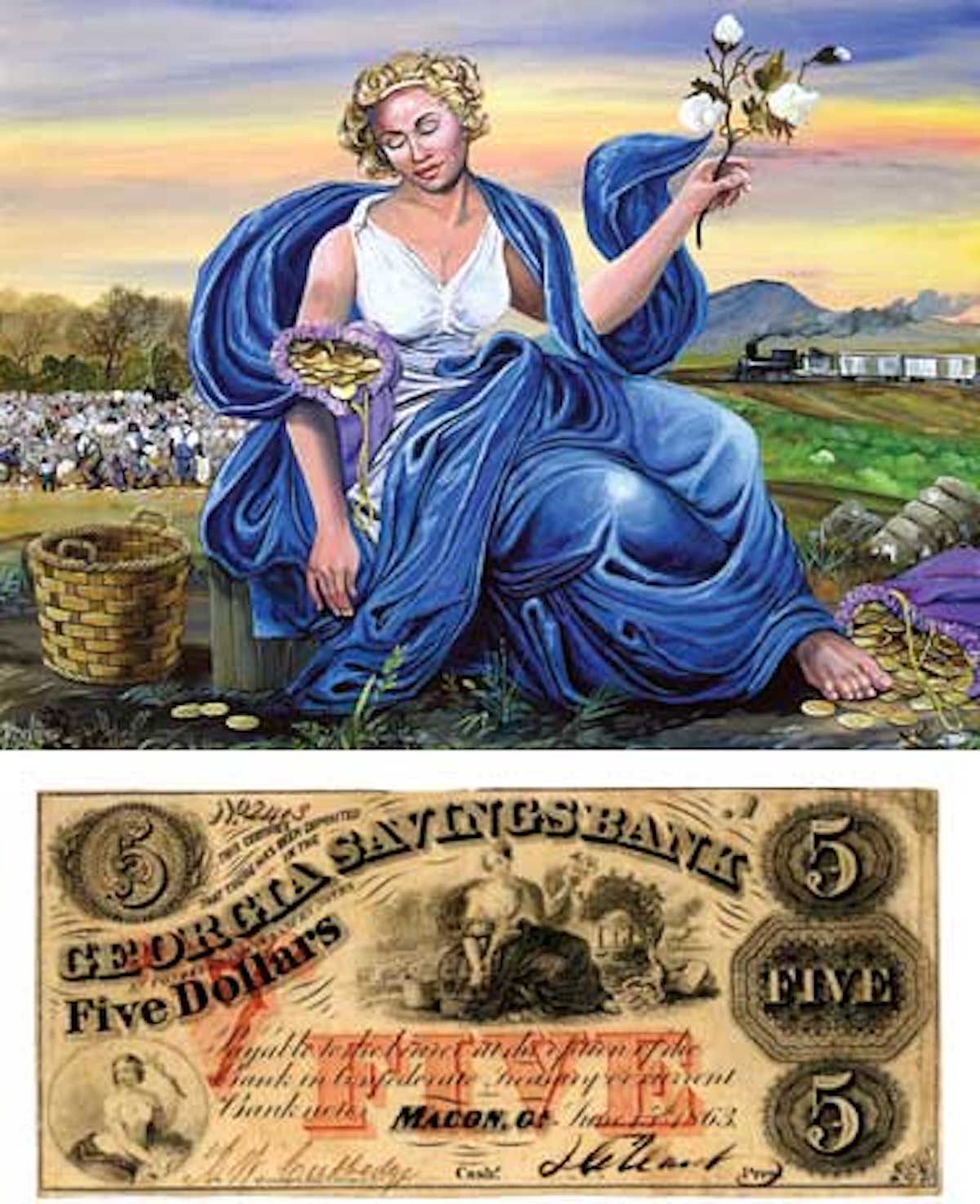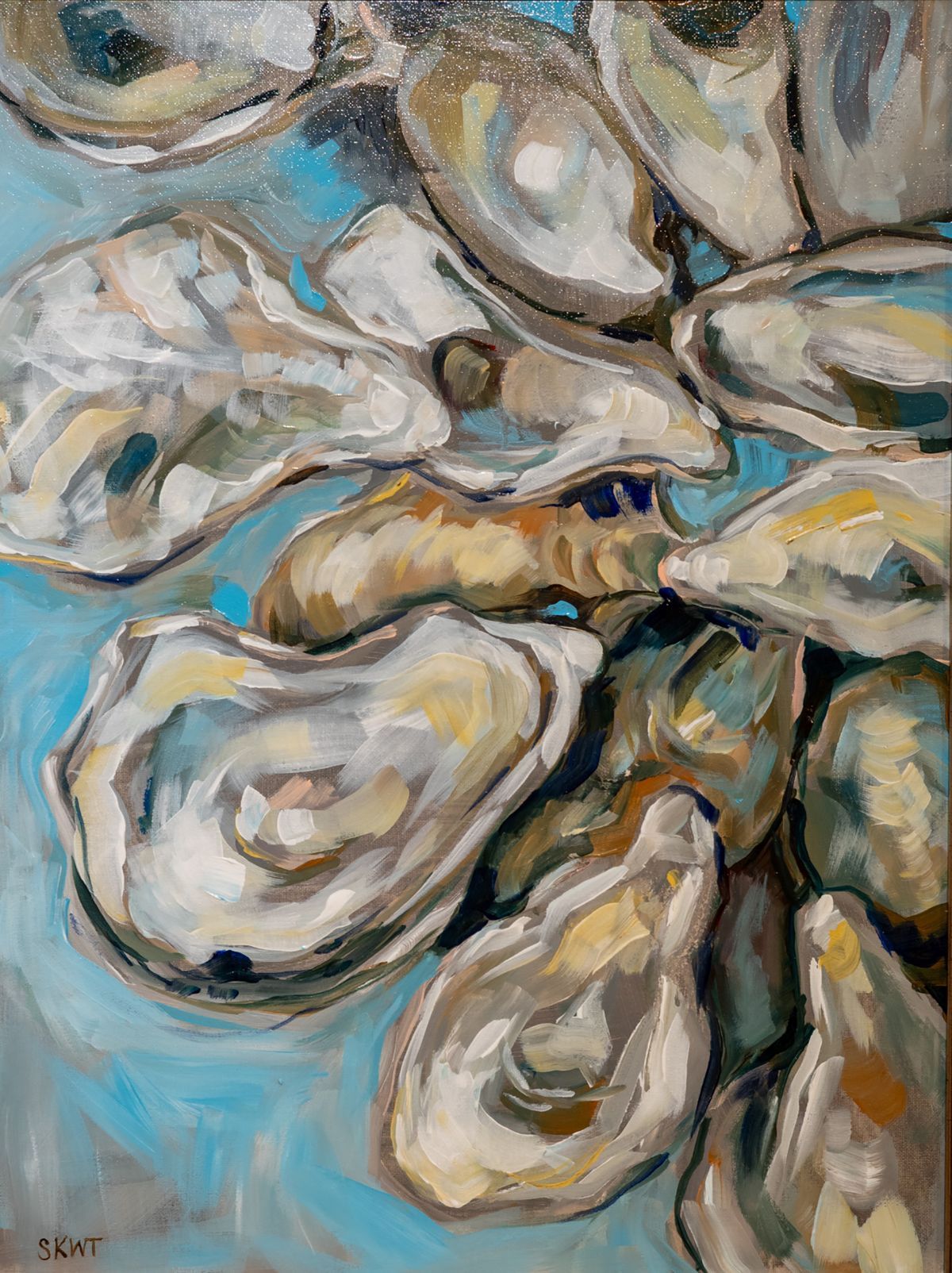By Alan Schuster
“When a great interpreter comes along, the part can be hers and almost hers alone. Right now, that Lulu is Marlis Petersen.” Opera News. “Lulu is ungraspable for all men, and this is why they go crazy. She’s everything and nothing to them at the same time.” Marlis Petersen. “She can never fulfill all the desires of both being the femme fatale and the faithful, quiet wife, just as the men can never be the people that Lulu hopes they will be. And in each case, this impossibility of desire ends in disaster. Director William Kentridge.
Viennese composer Alban Berg (1885-1935) based his tragic opera on a pair of dramatic works which were once banned in Germany as obscene. Even today, audiences can be a little shocked by Lulu’s rise and fall. And yet, given the score’s intense reputation, some of Lulu is quite funny. Act II’s final scene is hilarious, ending with five men, a lesbian countess and a young boy, all of whom find her irresistible – and with a loaded gun added to the mayhem which is taking place.
Summaries of Lulu’s plot provide readers with a wide range of choices. The Met’s reliable interpretation runs a compact 900 words, more than this entire article. Wikipedia, on the other hand, offers two versions: a chunky 2,500 words or a somewhat shorter take about one-tenth that size – beginning next.
It is late nineteenth century in Vienna. Lulu is married to Dr. Göll, a doctor. Lulu, who goes by the name Nelly, is having her portrait painted by Walter Schwarz, an artist who is in love with her. Dr. Ludwig Schön, a newspaper editor and widower, and his son Alwa, a composer, are briefly present. The artist pursues Lulu, enraging her husband, who suffers a fatal stroke. Lulu marries the artist, and they appear to prosper due to Schön’s help. However Lulu is troubled when she discovers Schön has become engaged. He visits her and reveals how he has taken her from the street and raised her, but they have been in a relationship. He tells her that Schigolch, an elderly beggar is her father. When Schön tells the artist about Lulu’s past, he kills himself. Schön then puts Lulu on the attack where she creates a scene over his fiancée and compels him to write a letter breaking off the engagement. Lulu marries Schön, who is jealous of her admirers, of which there are many including his son Alwa, on whom he eavesdrops, from which he learns that Lulu has poisoned his wife. He gives her a gun and tells her to shoot herself. Instead she kills him, for which she is tried and imprisoned, but contrives to escape after changing places with her lesbian friend, Countess Geschwitz. Alwa and Lulu flee to Paris, from where they once again flee, destitute to London, where Lulu is obliged to work the streets, but brings home Jack the Ripper who murders her!!!
Marlis Petersen’s role as Lulu not only makes huge demands for a high range, it also demands real acting from its star. The NY Times Anthony Tommasini writes that “with her effortless coloratura, Ms. Petersen suggests the young woman’s flighty, ungrounded nature. But when crises come, Lulu’s vocal lines turn crazed, with zigzagging leaps and sky-high sustained tones that Ms. Petersen sings with frightening intensity.” Heidi Waleson (Wall Street Journal) credits the world’s reigning Lulu with “inhabiting the role with astonishing command. Physically and vocally lithe, she sang the jagged, punishing part with razor-like intensity and a Mozartean lightness and precision that made it sound easy.”
NYT: “The mezzo-soprano Susan Graham balances fragile dignity and poignant neediness in her performance as Countess Geschwitz. WSJ: “Susan Graham brings a rapturous yearning to her role.”
WSJ: “Johan Reuter sang a powerful bass-baritone as the obsessed Dr. Schon and later turned cold and sadistic as Jack the Ripper.”
NYT: “Conductor Luther Koenigs [who replaced James Levine who had to withdraw from the project earlier this season] proved adept at building the tension of each scene and conjuring up both frenzy and beauty with the virtuosic Met orchestra. And the production matched it impeccably.”
The next performance will be Bizet’s “Les Pecheurs des Perles” [The Pearlfishers] on Saturday, January 16, 2016.
Please note that the starting time for this performance will be at 12:30 p.m. Tickets for all opera presentations are now available. All seats are general admission. Adults $20; OLLI members $18; Students $10. Order online at www.centerforthearts.com or by calling 843-521-4145. Box office opens at 11:30 a.m. USCB Center for the Arts is located at 801 Carteret Street, Beaufort, South Carolina.





